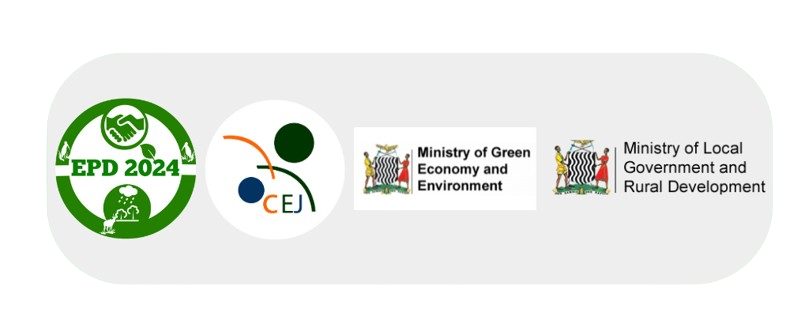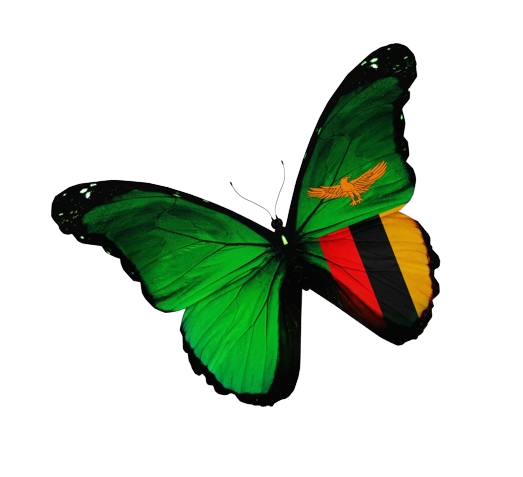2024 Environmental Protection Dialogue: Official Opening

UNDP works in about 170 countries and territories, helping to eradicate poverty, reduce inequalities and exclusion, and build resilience so countries can sustain progress. As the UN’s development agency, UNDP plays a critical role in helping countries achieve the Sustainable Development Goals.

The Ministry of Green Economy and Environment is responsible for the implementation of the Biosafety, Climate Change Policy, Environmental Policy and Forestry Policy, among other subjects. This is done in line with the thirteen principles of environmental and natural resources management and development specified under Article 255 of the Zambian Constitution, which also provides for the protection and management of the environment and utilization of natural resources. The Ministry of Green Economy and Environment was created to provide leadership in Zambia’s transition to a green economy through a green growth pathway. To this effect, the Ministry shall ensure that all socio-economic endeavours are done while keeping a low carbon footprint, in a resources and energy efficient manner and with inclusion of everyone.

The EU is a long-standing cooperating partner of Zambia. For over 40 years the EU has been supporting Zambia’s development in its social, economic and environmental dimensions through the European Development Fund (EDF) and a number of other financing instruments. The EU implements its programmes in the frame of the New European Consensus for Development (link), the EU development policy which reflects Agenda 2030 and the Sustainable Development Goals, and the Africa-Europe Alliance for Sustainable Investment and Jobs. EU development relations with Zambia are guided by three overarching goals, namely to: 1) Advance economic and democratic governance, accountability and effective use of public resources 2) Promote sustainable and inclusive growth, job creation and resilience; 3) Enhance human development and gender empowerment to reduce poverty and inequalities.
https://www.eeas.europa.eu/zambia/european-union-and-zambia_en?s=128

Centre for Environment Justice (CEJ) is an outstanding institution with its own unique identity and a proud distinct history in Zambia. CEJ is a non-governmental organization established in 2010 whose mandate is to create platforms and processes that promote environmental justice for most vulnerable people in society. Anchored on this mandate, CEJ fosters access to quality and accurate information on environmental protection, extractive industries, sustainable energy, climate change, water security and agriculture with the ultimate aim of enhancing accountability for better decision making and sustainable development as well as a support safe and adaptive environment as basic fundamental human rights to having a better and prosperous livelihood.

Greenpeace is a global network of independent campaigning organizations that use peaceful protest and creative confrontation to expose global environmental problems and promote solutions that are essential to a green, just, and joyful future.

The Reality of Aid Africa Network is a Pan African initiative focusing on analysis and lobbying and advocating for poverty eradication policies in the international aid system and development co-operation. We seek to strengthen the involvement of African civil society organisations in the policy reform on the international aid architecture as well as development co-operation.

